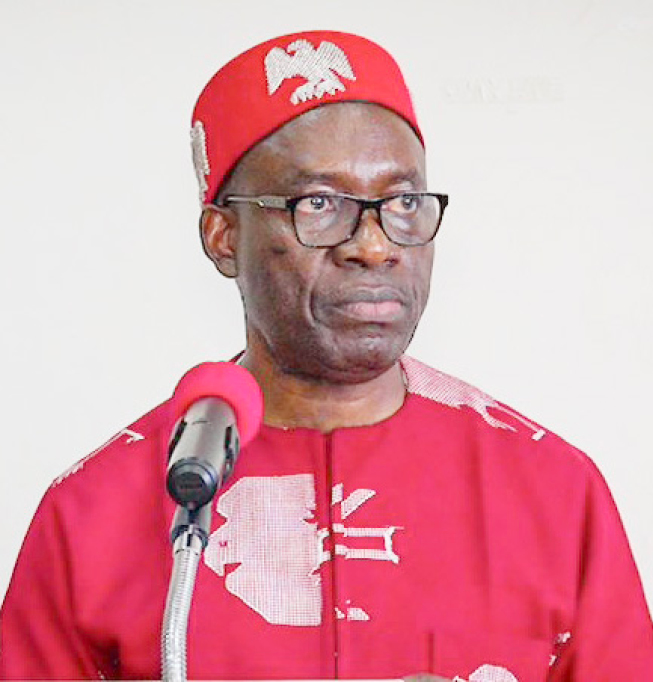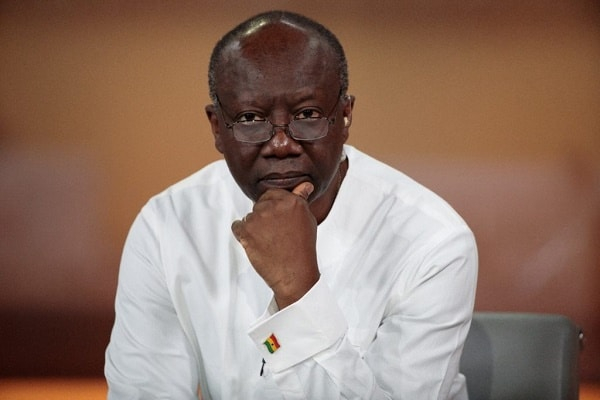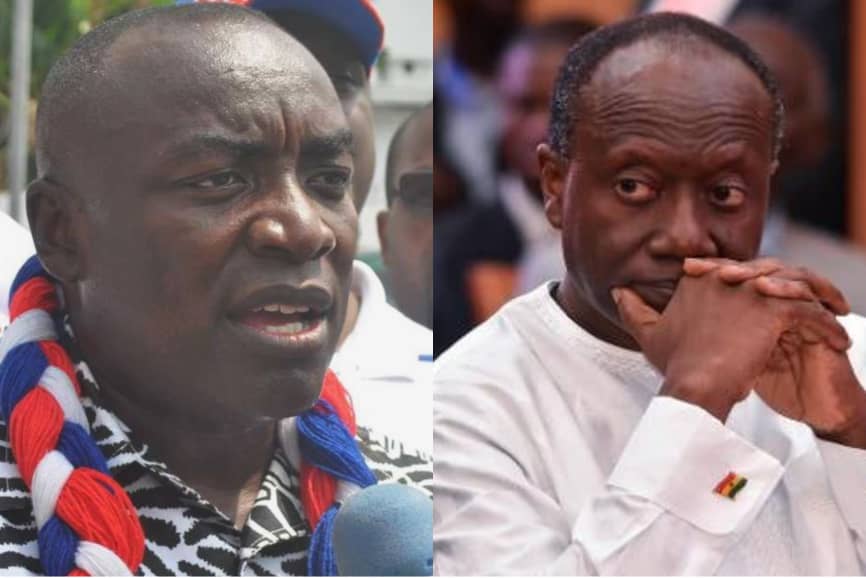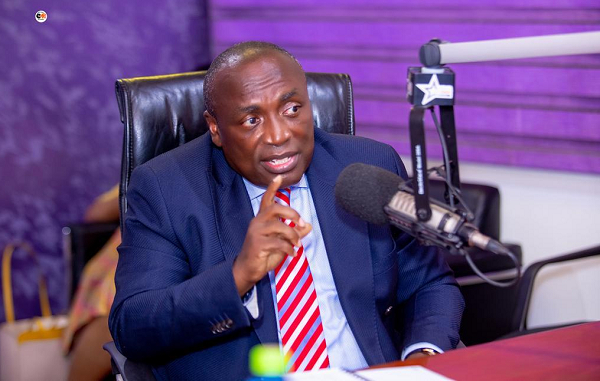Agyapong cautions against using law as tool for revenge, calls for lawful fight against corruption
In an interview on Citi FM on Tuesday, June 3, 2025, Mr Agyapong questioned the conduct of the Office of the Special Prosecutor (OSP) and other investigative bodies in recent corruption cases involving both current and former public officials.
“The law must not be a weapon,” he said. “We are entering a dangerous cycle of retribution and vengeance that is making it difficult for Ghanaians to distinguish between proper investigations and political executions.”
Mr Agyapong raised concerns about what he described as aggressive intrusions into the privacy of suspects, politicised prosecutions, and premature pronouncements of guilt in the media.
“This is not about shielding anyone who has acted wrongly,” he clarified. “If someone has misconducted themselves, they must be held accountable—but it must be done lawfully. Due process must not be sidestepped.”
His comment followed two high-profile developments: the public declarations by the Special Prosecutor on investigations he was he conducting involving former Minister of Finance Ken Ofori-Atta and declaring him a wanted person, and the arrest of the NPP's Ashanti Regional Chairman, Mr Bernard Antwi Boasiako—popularly known as Wontumi—by the Economic and Organised Crime Office (EOCO).
Mr Agyapong criticised the labelling of the former minister as a fugitive, stating that such an announcement should be based on a court decision and not merely the opinion of the prosecutor.
“A prosecutor is not a judge,” he said. “You go to court if you have a case. If the person fails to appear after being properly summoned, then the court can issue a warrant.”
On the matter involving Mr Boasiako, Mr Agyapong described EOCO’s actions as unjustified and damaging to the reputation of state institutions.
He questioned why EOCO arrested the NPP chairman in traffic after the Criminal Investigations Department (CID) had previously invited and released him.
“The CID invited him and let him go. So why did EOCO arrest him on the roadside? If you are handling an economic crime investigation, then act professionally and communicate officially,” he said.
He also criticised the Deputy Attorney General, who he said had shared details of the matter on his personal social media accounts instead of through official government platforms including social media.
Mr Agyapong warned that such conduct risks eroding public confidence in the justice system and could fuel political tensions.s
“This trial-by-media culture is dangerous. Today it is one person; tomorrow it could be any of us. That is not how justice should function in a democratic society,” he said.
He noted that the country has several state investigative agencies, which should have made anti-corruption efforts more efficient, not more confrontational.
“We’ve had over 30 years of democratic governance. Let us not go back to past mistakes. We must uphold proper conduct,” he stated.
Mr Agyapong urged both the government and civil society to act in ways that protect the integrity of institutions rather than serve political interests.
“It is not about who is in government. It is about doing the right thing and building a fair society,” he said.










